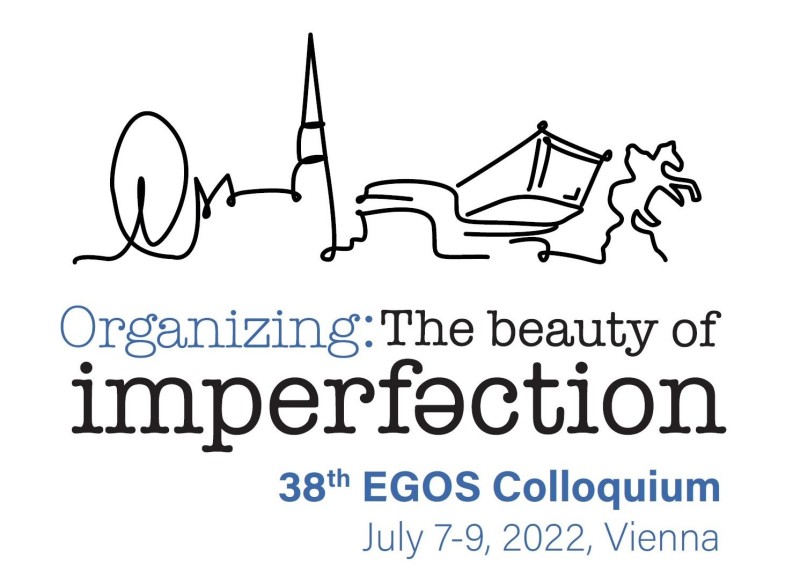When: Thursday, July 7, 2022, 16:00–17:30 CEST
Where: LC.0.100 Festsaal 1 ---> WU interactive campus map
A decade ago, Nils Brunsson and Göran Ahrne proposed “partial organization” as a new perspective on organization. The authors
argued that organization can be understood as a decided order and depending on the number of core elements (membership, rules,
sanctions, monitoring, hierarchy) that are based on decisions, an organization can be said to be either more or less partial.
Thus, the key point of this perspective is to treat organization as a matter of degree – to speak in terms of the general
theme of the 38th EGOS Colloquium 2022 –, organization is more or less imperfect. This new perspective allowed not only to study formal organizations
in a new way, but more importantly it allowed to study social phenomena beyond formal organizations – thereby opening up the
wider social world to organizational analysis.
With this sub-plenary, we aim to take stock of the research on partial organization since the perspective was first put forward
about a decade ago – outlining its strengths and weaknesses and its implications for understanding social phenomena that typically
fall outside the domain of organization scholarship. We will also evaluate exiting research against the original promises
and discuss how the approach has been developed over the years and what can be expected of it in the future.
ORGANIZER:
David Seidl
Professor
University of Zurich, Switzerland
Panelist:
Nils Brunsson
Professor
Uppsala University, Sweden
Panelist:
Frank den Hond
Professor
Hanken University, Finland
Panelist:
Dennis Schoeneborn
Professor
Copenhagen Business School, Denmark
Panelist:
Elke Schüßler
Professor & Head of Institute
Johannes-Keppler-Universität Linz, Austria


